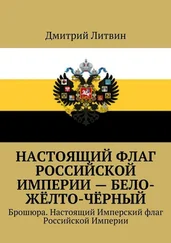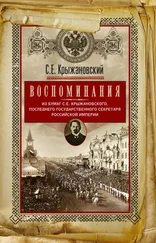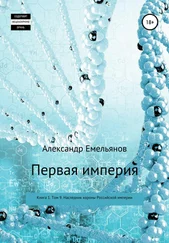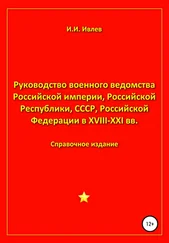Каменский А. Б. Повседневность; Захаров В. Н. Западноевропейские купцы; Кошелева О. Е. Люди Санкт-Петербургского острова; Munro G. Finance and Credit in the Eighteenth-Century Russian Economy // Jahrbücher für Geschichte Osteuropas, Neue Folge. 1997. Nr. 45. S. 552–560; Idem. The Role of the Veksel’ in Russian Capital Formation: A Preliminary Inquiry // Russia and the World of the Eighteenth Century / Ed. R. P. Bartlett. Slavica Publishers, 1988. P. 551–564.
Marrese M. L. A Woman’s Kingdom; Burbank J. Russian Peasants Go to Court. См. также подробную библиографию в: Wirtschafter E. K. Legal Identity and the Possession of Serfs in Imperial Russia // The Journal of Modern History. 1998. Vol. 70. P. 561–587.
О реформе 1864 г. см.: Wortman R. The Development; Коротких М. Г. Судебная реформа 1864 года в России: Сущность и социально-правовой механизм формирования. Воронеж, 1994; Baberowski J. Autokratie und Justiz; Kaiser F. B. Die Russische Justizreform von 1864: Zur Geschichte der Russischen Justiz von Katharina II bis 1917. Leiden, 1972; Попова А. Д. «Правда и милость да царствуют в судах» (из истории реализации судебной реформы 1864 г.). Рязань, 2005.
О переходе к екатерининской судебной системе см.: Дмитриев Ф. М. История судебных инстанций и гражданского апелляционного судопроизводства от Судебника до Учреждения о губерниях. М., 1859; Воропанов В. А. Региональный фактор становления судебной системы Российской империи на Урале и в Западной Сибири (последняя треть XVIII – первая половина XIX в.). Челябинск, 2011; о медицинской экспертизе в дореформенных судах см. в: Becker E. Medicine, Law and the State in Imperial Russia. Budapest, 2011; о становлении бюрократической законности см. в: Raeff M. The Well-Ordered Police State: Social and Institutional Change Through Law in the Germanies and Russia, 1600–1800. New Haven, 1983; LeDonne J. Absolutism and Ruling Class; о юридических реформах Петра I см. в: Серов Д. О. Судебная реформа Петра I. М., 2009. О дореформенной юридической бюрократии см. в: Wortman R. The Development; о Сперанском см. в: Томсинов В. А. Сперанский. М., 2006; Фатеев А. Н. Сперанский и его время. М., 2012; Raeff M. Michael Speransky, Statesman of Imperial Russia, 1772–1839. The Hague, 1957.
Аксаков И. С. О старых судах // Сочинения. Т. 4. М., 1886. С. 652–666, особ. с. 655. Еще один лаконичный отзыв см. в: Колмаков Н. М. Старый суд // РС. 1886. № 52. С. 511–544.
Pipes R. Russia under the Old Regime; Baberowski J. Autokratie und justiz.
The Rule of Law: History, Theory and Criticism / Eds. P. Costa, D. Zolo. Dordrecht, 2007. Особ. p. 7–13. Классическое изложение английской доктрины см. в: Dicey A. V. Introduction to the Study of the Law of the Constitution. 8th ed. London, 1915; об отношении к немецкой концепции Rechtsstaat в России см. в: Oda H. The Emergence of Pravovoe Gosudarstvo (Rechtsstaat) in Russia // Review of Central and East European Law. 1999. Vol. 25. P. 373–434, особ. p. 378–379; см. также: The Rule of Law and Economic Reform in Russia / Eds. J. D. Sachs, K. Pistor. Boulder, 1997; Weber M. Economy and Society / Ed. G. Roth, C. Wittich. Vol. 2. Berkeley, 1968. Особ. p. 654–658.
Приложение идей Вебера о политике и обществе к Российской империи, не сопровождающееся, однако, подробным анализом права и законности, см. в: Pipes R. Russia under the Old Regime.
См., например: Finn M. The Character of Credit; Johnson P. Making the Market; Idem. Class Law in Victorian England // Past & Present. 1993. Vol. 141. P. 147–169; Powe L. The Supreme Court and the American Elite, 1789–2008. Cambridge, 2009; Lofgren C. The Plessy Case: A Legal-Historical Interpretation. Oxford, 1987; Horwitz M. The Transformation of American Law, 1780–1860. Cambridge, 1977; Desan S. The Family on Trial in Revolutionary France. Berkeley, 2004; Kollmann N. S. Crime and Punishment. P. 5.
Feldman S. An Interpretation of Max Weber’s Theory of Law: Metaphysics, Economics, and the Iron Cage of Constitutional Law // Law & Social Inquiry. 1991. Vol. 16. P. 205–248; Trubek D. Reconstructing Max Weber’s Sociology of Law // Stanford Law Review. 1985. Vol. 37. P. 919–936. Энтони Кронмен отмечал озабоченность Вебера тем, что избыточная бюрократизация и зависимость от специалистов по юриспруденции, присущие современному праву, ведут к утрате личной независимости («железная клетка» современности). См.: Kronman A. Weber. Stanford, 1983. P. 174–175.
Kahn P. W. Freedom, Autonomy, and the Cultural Study of Law // Yale Journal of Law & the Humanities. 2001. Vol. 13. P. 149–150; Idem. The Cultural Study of Law: Reconstructing Legal Scholarship. Chicago, 1999; Moore S. F. Law as Process: An Anthropological Approach. Abington, 1978; Breen M. Law, City, and King: Legal Culture, Municipal Politics, and State Formation in Early Modern Dijon. Rochester, 2007; см. также работы, перечисленные в: Burbank J. Russian peasants. P. 5–10. О применении права с целью разжигания и продления социальных конфликтов см. также: Turk A. T. Law as a Weapon in Social Conflict // Social Problems. 1976. Vol. 23. P. 276–291; Smail D. L. The Consumption of Justice: Emotions, Publicity, and Legal Culture in Marseille, 1264–1423. Ithaca, 2003.
Thompson E. P. Whig and Hunters: The Origin of the Black Act. London, 1975. P. 258–269, особ. p. 263; см. также: Cole D. H. «An Unqualified Human Good»: E. P. Thompson and the Rule of Law // Journal of Law and Society. 2001. Vol. 28. P. 177–203; King P. Crime, Justice and Discretion in England, 1740–1820. Oxford, 2000.
Читать дальше
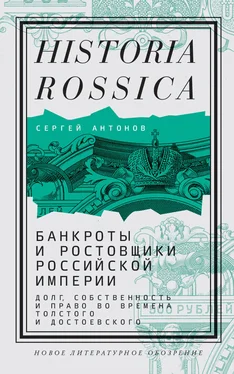
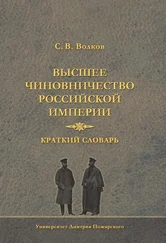
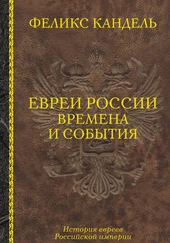
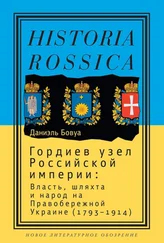
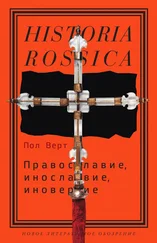

![Дмитрий Калюжный - Другая история Российской империи. От Петра до Павла [= Забытая история Российской империи. От Петра I до Павла I]](/books/325656/dmitrij-kalyuzhnyj-drugaya-istoriya-rossijskoj-imperii-thumb.webp)
